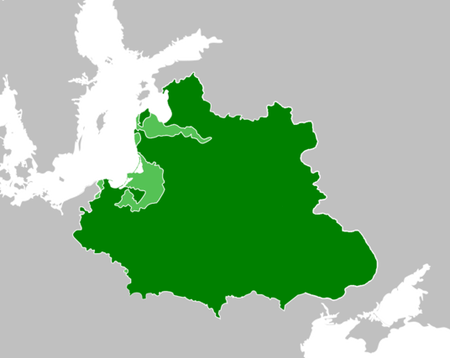Thanks; I might check it out later on.
I think that it's possible that this alliance could eventually get extended to Belgium and the Netherlands since they're so close culturally-wise to France and Britain. Even extending it to Italy is possible if Italy actually remains democratic, though that's probably unlikely due to Mussolini and the Italian King's willingness to appease him. FWIW, I'm not saying that it's guaranteed that this alliance will eventually be extended to the Benelux countries, but it nevertheless is very possible. But Czechoslovakia, Poland, Romania, Yugoslavia, et cetera are all no doubt an astronomically harder sell.
And Yes, I've also wondered about that: Whether France would be less willing to make security commitments and alliances with Eastern European countries if it would have already had a solid trans-Atlantic alliance with the Anglo-Americans. Of course, France could still rely on Eastern Europeans as a backup option in the event that the Anglo-Americans will prove themselves to be unreliable, but only while Germany is still weak. Once Germany recovers, France might consider its Eastern European allies to be more disposable than they were in real life. This could make a Nazi-Polish alliance in 1939 more likely than it was in real life, for instance.


